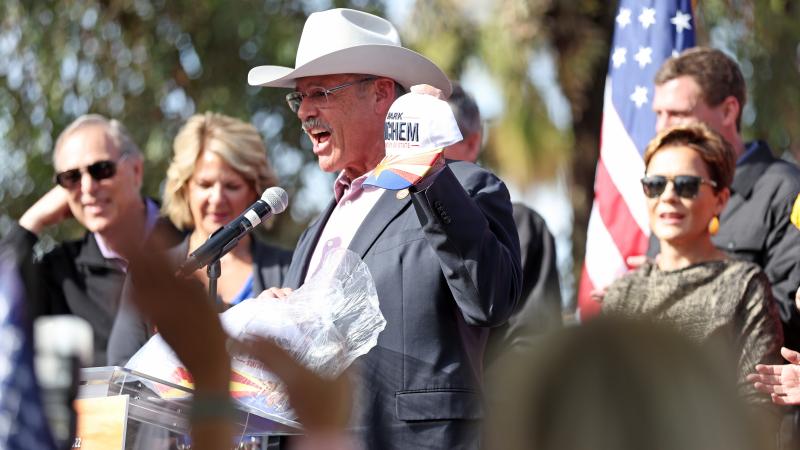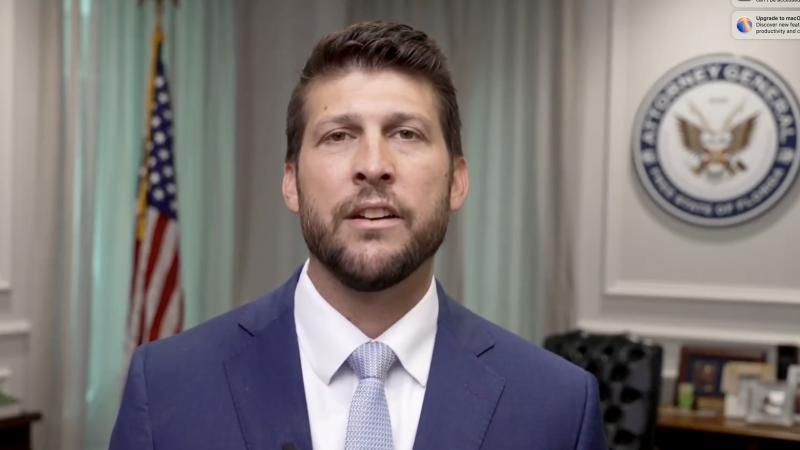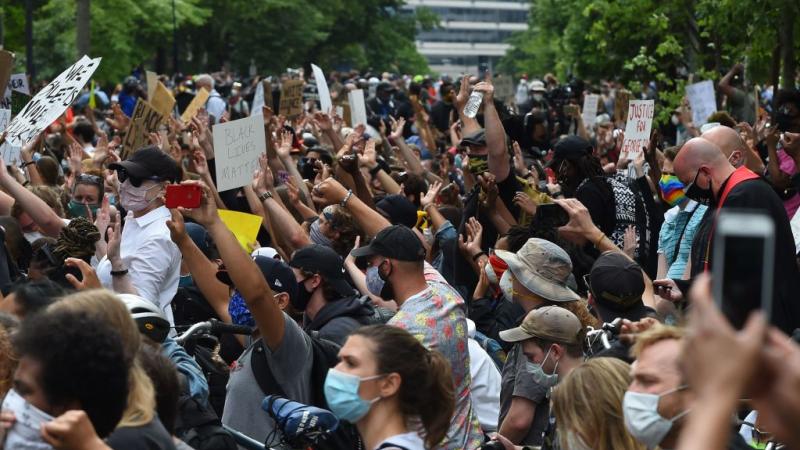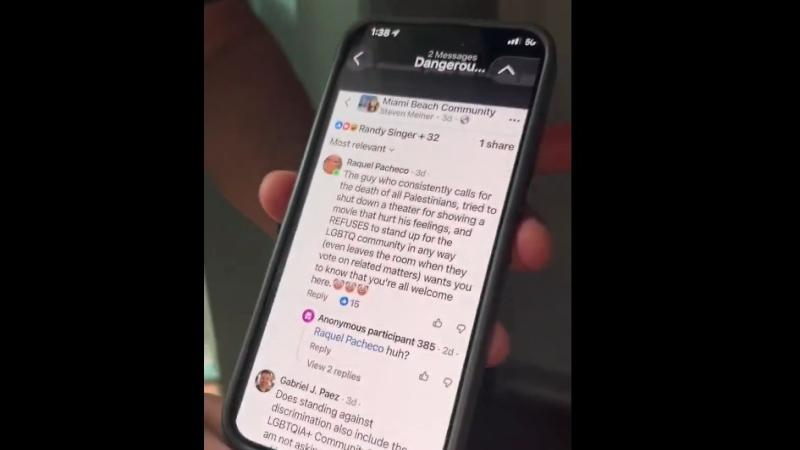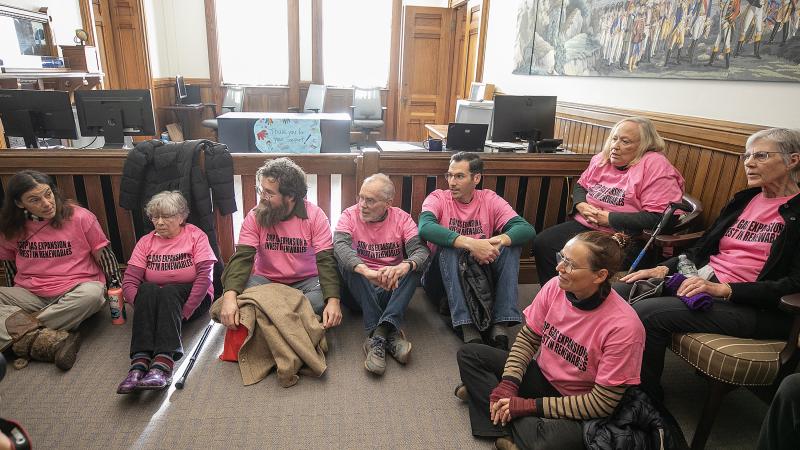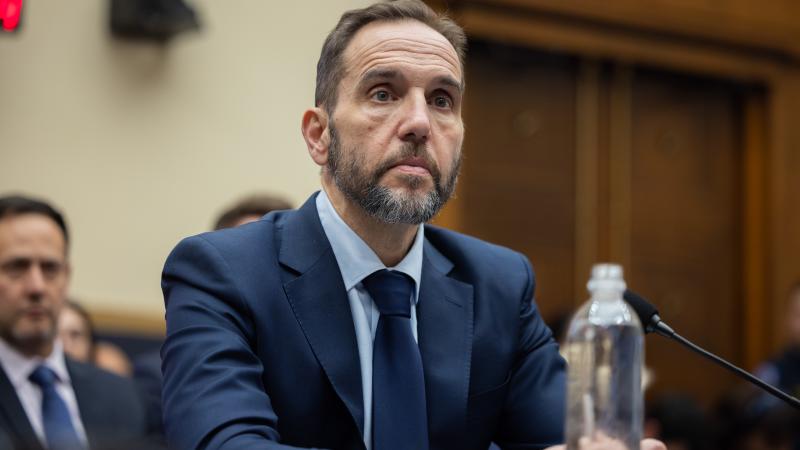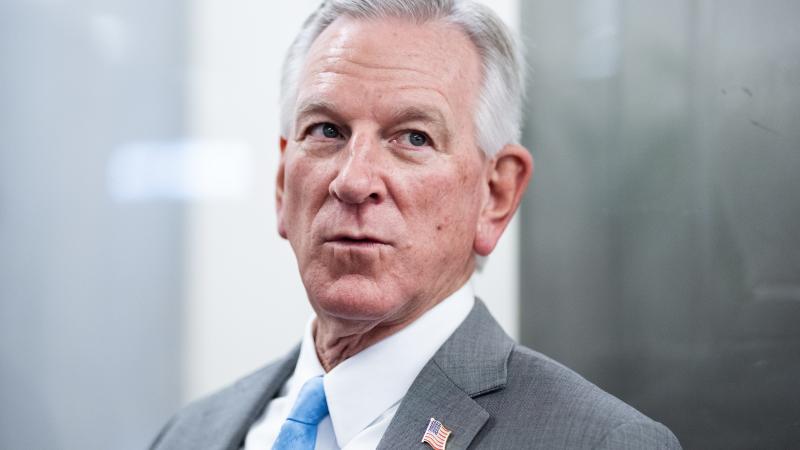PA Gov Shapiro declares disaster over losing SNAP; accesses $5M of state emergency aid
Shapiro stands with governors and attorneys general of 25 states and the District of Columbia who have sued the USDA over the decision to halt SNAP payments.
(The Center Square) -
(The Center Square) - With just hours until federal funding for food stamps runs dry, Gov. Josh Shapiro has signed a disaster declaration to access state emergency aid totaling $5 million.
He's also begun a campaign soliciting donations from the private sector for the SNAP Emergency Relief Fund.“Nearly two million Pennsylvanians rely on SNAP every month — and they shouldn’t have to wonder where their next meal will come from because of the dysfunction in Washington,” said Shapiro. "The federal government has the money to keep people fed — they’re just refusing to use it. In Pennsylvania, I won’t let our families or food banks shoulder that burden alone, and I’m not going to stand by while the federal government lets Pennsylvanians go hungry.”
The money will funnel to Feeding Pennsylvania, a nonprofit that supplies food banks across the state.
Shapiro stands with governors and attorneys general of 25 states and the District of Columbia who have sued the USDA over the decision to halt SNAP payments.
Meanwhile, state legislators, even less able to influence the federal government shutdown as they are to resolve their own stalemate, are scrambling to address the upcoming halt to the program.
Pennsylvania finds itself in a uniquely precarious position as the state remains unfunded and no signs of a budget resolution forthcoming.
Local schools, government agencies, and nonprofit organizations are already struggling to provide services without state funding. Many of the state’s more than 60,000 federal employees are surviving without pay in the midst of the shutdown.
Now about two million people who rely on SNAP to keep from going hungry are going to need to lean on the state’s charitable food network instead. Representatives of those organizations are bracing for lean times and warning that things could get much worse.
This is the first instance in which a federal shutdown has led to a pause on SNAP.
“We’re facing a perfect storm in many ways. At Manna, demand for food from people in need has been rising for years, and we’re now providing record amounts of meals and groceries and serving a record number of people,” said Sheldon C. Good, director of development and strategic direction at Manna on Main Street. “Meanwhile, we have also experienced a sharp reduction in food donations from several key sources, including from our regional food bank partners due to federal funding cuts.
This means it’s increasingly challenging for Manna to maintain sufficient food for our programs and the people we serve, and that’s before any rise in demand we’ll see starting next week as people don’t receive their SNAP payments. This is an all-hands-on-deck moment.”
Julie Bancroft, CEO at Feeding Pennsylvania, says hunger in the state has risen 44% in just the past two years. She said that one in six children in the state go hungry, with food banks serving millions across the state.
Senate Democrats floated a plan on Tuesday, but it will require buy-in from their Republican counterparts to pass. They’re hoping to leverage $62 million in interest from the state’s rainy day fund to support food banks.
“There’s a time to join together,” said Sen. Art Haywood, D-Abington. “This is it.”
The Center Square reached out to state Senate Republican leadership for comment, but received no response.
The SNAP lapse won’t just hit individual families. The state’s grocers and farmers are also expecting to feel the squeeze. According to Pittsburgh’s Just Harvest, 100,000 businesses sell $350 million in groceries to families with SNAP benefits every month. Haywood recounted a conversation with a grocery store owner who said that 80% of his customers rely on SNAP to make their purchases. He’s worried he may have to lay off employees or ultimately lose his business.
The loss may also deal a blow to the health care system. In a Senate Appropriations Committee hearing earlier this year, DHS Secretary Val Arkoosh emphasized that SNAP benefits lead to lower medical costs. She said when someone loses SNAP, the cost to Medicaid goes up by $50 per month per person. For those with chronic health conditions like hypertension, that number rises to a cost of $150 to Medicaid. For those with diabetes, it hits $200 per month.
